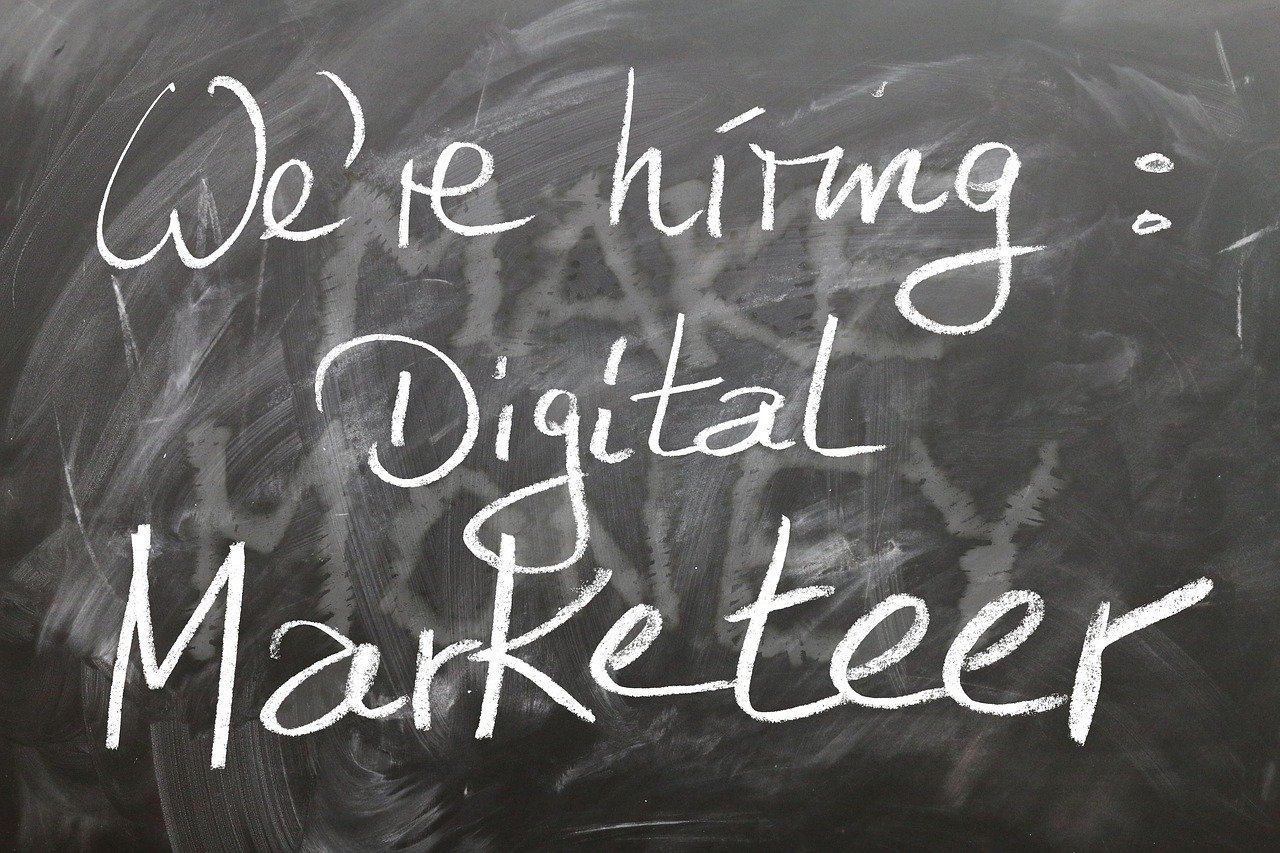Michal Kosinski Explores AI's Potential in Understanding Human Thoughts

Brief news summary
Michal Kosinski, a psychologist at Stanford University, explores the interplay between computer systems and human cognition through the lens of Facebook's user "likes." In his recent article in the *Proceedings of the National Academy of Sciences*, he analyzes advanced AI language models like GPT-4, proposing they show early signs of "theory of mind" (ToM), the ability to understand others' thoughts. Though he acknowledges GPT-4's limitations—comparing its ToM capability to that of a six-year-old—he underscores its significant potential. Critics, including Vered Shwartz, contend that these models lack genuine ToM, primarily relying on pattern recognition. In rebuttal, Kosinski references studies suggesting that language models can interpret mental states through linguistic context rather than just data mimicry. He warns about the implications of AI's rapid advancement, which could outpace human comprehension. By merging psychological perspectives with technological progress, Kosinski's research sheds light on the remarkable advancements in AI while addressing the ethical dilemmas that arise from their swift development.Michal Kosinski, a Stanford research psychologist, is known for his insights into the implications of computer systems on society. His earlier work analyzed how Facebook (now Meta) leveraged user data through “likes” to gain deep insights into personal traits. He has now shifted his focus to the capabilities of AI, conducting experiments that suggest AI can predict aspects of human identity, such as sexuality, from digital images. In his recent study published in the Proceedings of the National Academy of Sciences, Kosinski claims that large language models (LLMs) like OpenAI's GPT-3. 5 and GPT-4 demonstrate emerging abilities akin to "theory of mind, " traditionally believed to be unique to humans. This theory involves understanding others' thought processes, crucial for effective human interaction. His findings suggest that GPT-4 may possess a rudimentary version of this ability due to its advanced language processing skills. Kosinski emphasizes that while LLMs show promise, they have not yet fully mastered theory of mind, with GPT-4 still failing a quarter of the time on specific tasks, akin to the capabilities of a 6-year-old child.
He expresses concern over how AI’s understanding of human thoughts could be leveraged for manipulation, noting that LLMs can simulate personality traits unlike humans, raising ethical questions about their use. Some researchers challenge Kosinski's conclusions, suggesting that LLMs’ responses may result from pre-existing knowledge in their training data rather than genuine understanding. Critics, including Vered Shwartz, argue that the models’ ability to reason is not fully developed. Despite the critiques, some recent studies have corroborated aspects of Kosinski's findings, illustrating that while LLMs may not have true theory of mind, they do show impressive performance on specific tasks. Kosinski believes that as AI continues to evolve, we may soon encounter systems with cognitive abilities beyond human comprehension. Aside from his current work, Kosinski gained recognition for his insights into Facebook user data, highlighting how likes can predict personal traits with a high degree of accuracy. His research remains influential in understanding the intersection of technology and human behavior. In a separate query about online payment for content, the author discusses the challenges of accessing articles behind paywalls and the unmet potential for micropayment systems that would allow single-article purchases. Despite attempts to create a viable solution, the movement toward micropayments has stalled, leaving consumers frustrated by the subscription-only model that limits access to content.
Watch video about
Michal Kosinski Explores AI's Potential in Understanding Human Thoughts
Try our premium solution and start getting clients — at no cost to you















